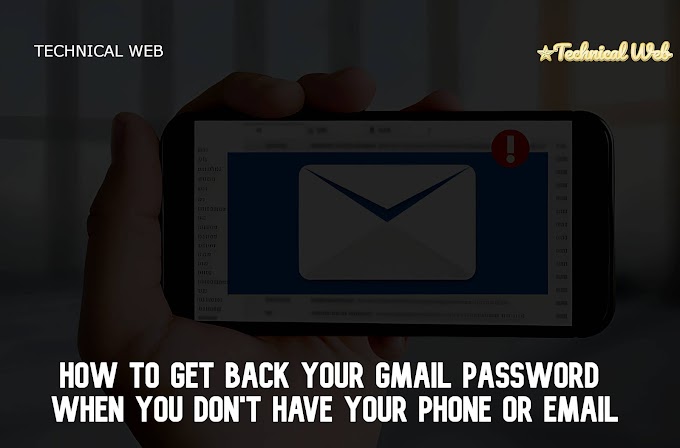How to Keep Your Device Safe and Fast: Updating Your Operating System
Why Updating Matters
In the world of tech, it's super important to keep your device's operating system (OS) up-to-date. Whether you're using a phone, tablet, computer, or anything else, updating your OS regularly is key. It helps keep your stuff safe and makes your device work better.
 |
| operating system |
Why Updates Are Big Deals
Okay, so updates are not just random things that pop up on your device. They're actually pretty important. When you update your OS, you're getting fixes for any security holes that hackers might try to sneak through. You're also getting rid of bugs that can slow your device down or make it act weird. So, updates aren't just about new features—they're about keeping your stuff safe and making things run smoothly.
How Updates Work
Now, let's talk about how updates happen. Basically, the people who make your device or its software send out updates every now and then. These updates can come automatically, meaning your device just does it on its own. Or, you might have to do it yourself by going into your device's settings and finding the update section. Then, you just follow the instructions to get the update.
Tips for Updating
Here are some tips to make updating easier:
Back Up Your Stuff: Before updating, save your important stuff somewhere safe, just in case.
Use Wi-Fi: Updates can be big files, so it's better to use Wi-Fi than your mobile data.
Check Storage: Make sure you have enough space on your device for the update.
Keep Your Battery Charged: It's best to update when your battery's not low, or your device is plugged in.
Follow Instructions: Just do what your device tells you during the update.
Be Patient: Updates can take a while, so don't interrupt them.
Double Check: After updating, make sure everything went smoothly.
FAQs:
1. Why should I bother updating my device's operating system?
A: Updating your device's operating system is crucial for two main reasons: security and performance. Updates often include fixes for security vulnerabilities that hackers could exploit to access your personal information. They also contain improvements that make your device run smoother and faster.
2. How do I know when there's an update available for my device?
A: Your device will usually notify you when an update is available. You may see a pop-up message or a notification badge on your settings icon. Additionally, you can manually check for updates by going to your device's settings menu and navigating to the software update section.
3. Can I ignore updates if my device is working fine?
A: It's not recommended to ignore updates, even if your device seems to be working fine. Updates often include important security patches that protect your device from emerging threats. Ignoring updates could leave your device vulnerable to cyber attacks.
4. Will updating my device's operating system delete my data?
A: Updating your device's operating system typically does not delete your data. However, it's always a good idea to back up your important files and data before initiating an update, just in case something goes wrong during the process.
5. What should I do in the event that an update process issue occurs?
A: If you encounter an error during the update process, don't panic. Try rebooting your gadget and trying the update once again. If the issue persists, you may need to seek assistance from the device manufacturer's customer support or visit a service center for further assistance.
6. Can I revert to a previous operating system version if I don't like the latest update?
A: In most cases, it's not possible to revert to a previous operating system version after installing an update. However, if you're experiencing issues with the latest update, you can contact the device manufacturer's customer support for guidance on troubleshooting or resolving any compatibility issues.
7. How often should I update my device's operating system?
A: It's a good idea to update your device's operating system whenever updates are available. Most devices receive regular updates from their manufacturers to address security vulnerabilities, improve performance, and introduce new features. Keeping your device up-to-date ensures that you're protected against the latest threats and enjoying the best possible user experience.
Conclusion: Stay Safe and Speedy
Keeping your device's OS up-to-date is super important. It's like locking your front door—it keeps the bad stuff out and makes your life easier. So, don't ignore those update messages. Take control of your tech, and you'll have a smoother, safer experience.





